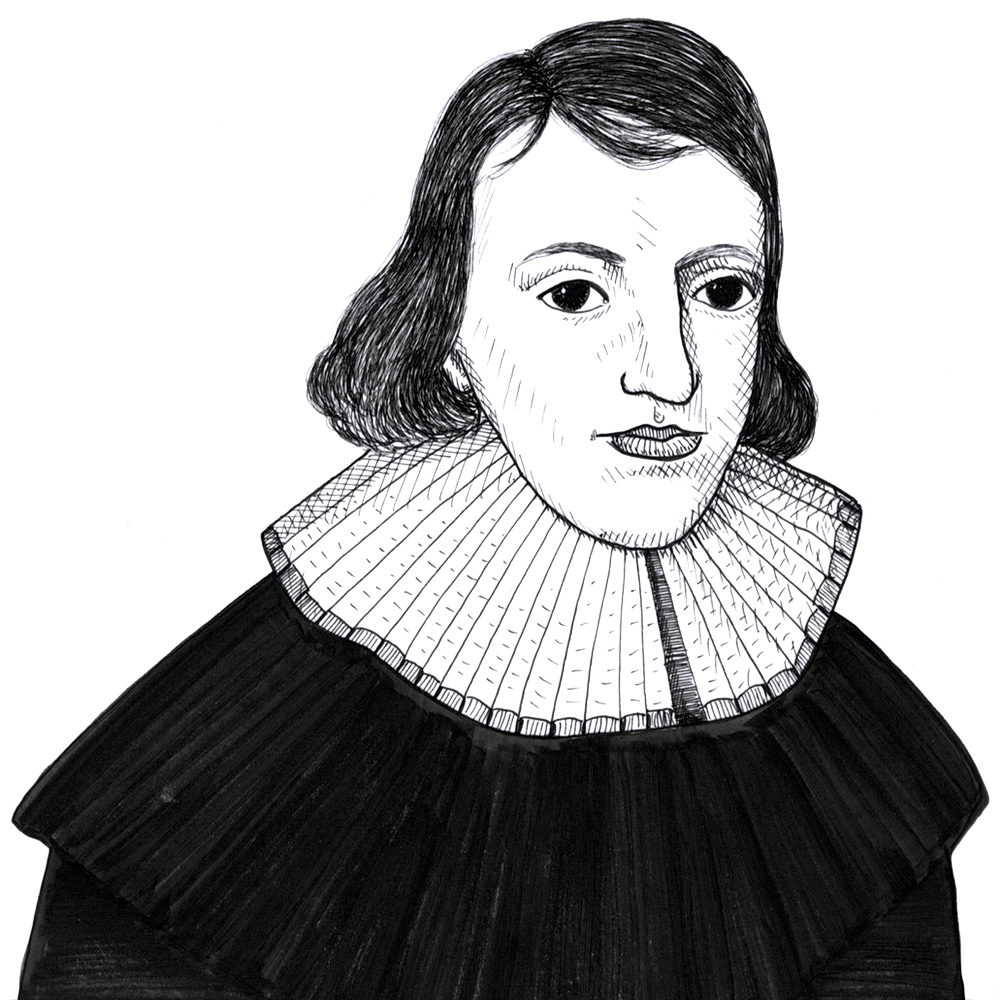
John Milton defends the right of freedom of the press and likens government censors to an “oligarchy” and a free press to a “flowery crop of knowledge” (1644)
Found in: Areopagitica (1644) (Jebb ed.)
In a pamphlet structured like a speech given before Parliament, the great English poet John Milton gave one of the most stirring defences of a free press ever penned:
Freedom of Speech
What should ye do then, should ye suppress all this flowery crop of knowledge and new light sprung up and yet springing daily in this city? Should ye set an oligarchy of twenty engrossers over it, to bring a famine upon our minds again, when we shall know nothing but what is measured to us by their bushel? … Give me the liberty to know, to utter, and to argue freely according to conscience, above all liberties.